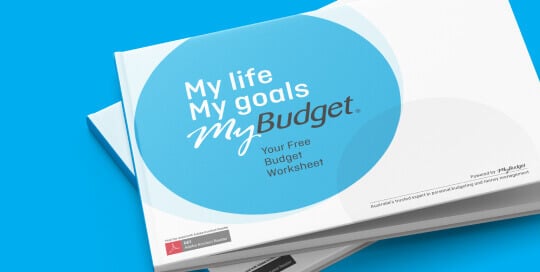Welcome to the MyBudget blog
Take a look at our featured articles
What would you like to read about?
Choose a category below to see more related articles
Recent articles
Free Guides
Free eBooks to help you manage your budget.

Choose a category below to see more related articles
